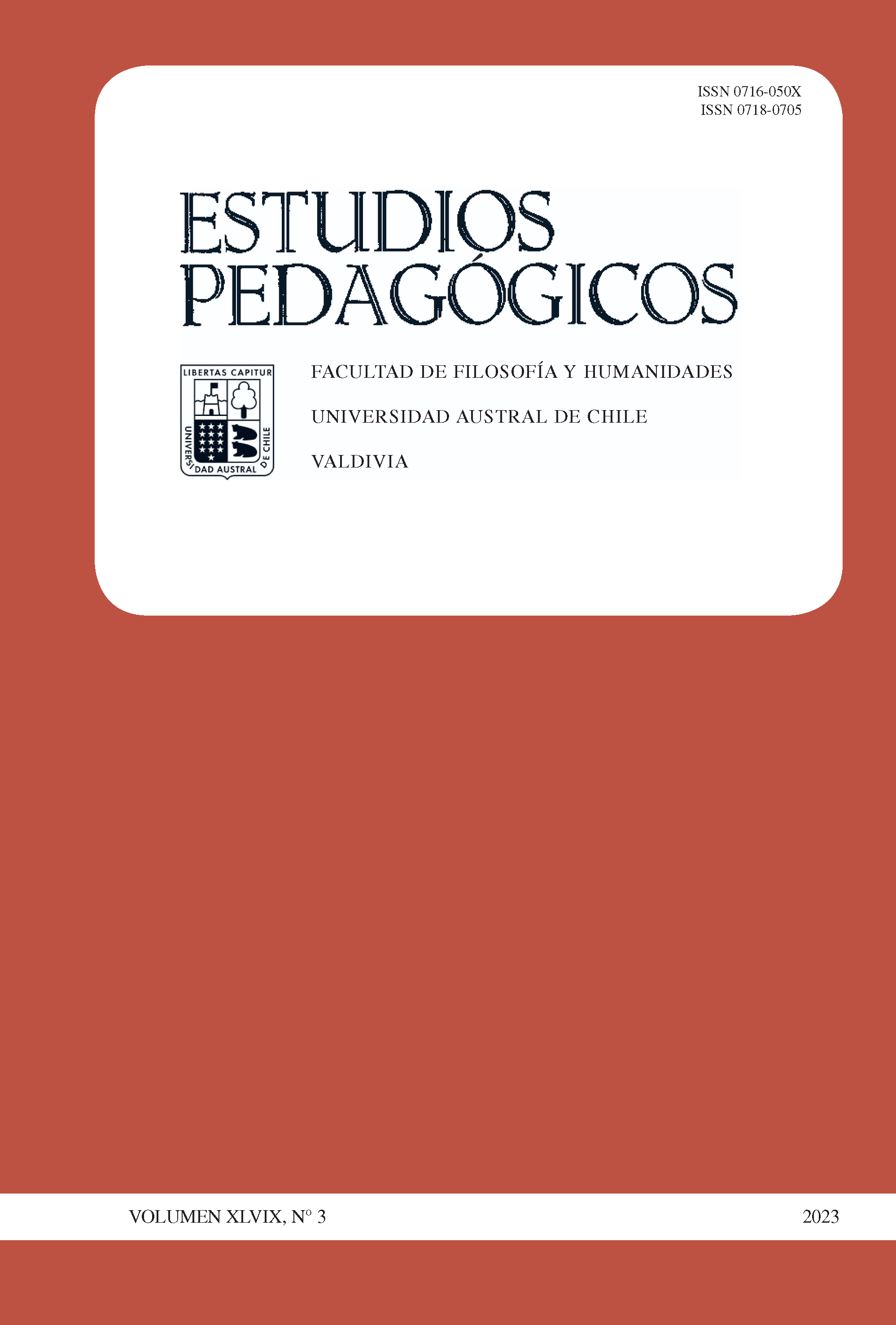Use of tools of Imaginative Education to improve engagement in the university classroom
Main Article Content
Abstract
Egan’s imaginative education is a learning theory that has little diffusion in higher education. This paper presents an investigation that sought to examine the impact of this approach on the academic engagement of university students. A mixed methodology study, of the non-experimental exploratory-descriptive type, was carried out with students of engineering, design and architecture, mainly. The results indicate that imaginative education triggers interest in the class because it is perceived as an element that favors the environment and promotes learning. It was also observed that the career student asks for a practical sense of application, for his subject or her professional field. It is concluded that the application of this proposal had a positive impact on the academic engagement of the students, as well as on their learning, and resulted in an innovative approach for this educational level.

